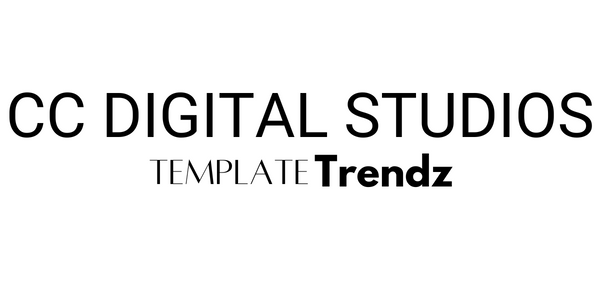Writing effective treatment plans is a cornerstone for fostering positive outcomes and supporting clients on their journey to well-being. A well-crafted treatment plan serves as a roadmap, guiding mental health professionals and their clients towards focused goals, objectives, and interventions. In this blog post, we outline the key components of developing comprehensive and engaging treatment plans that empower both the therapist and the client.
Tailoring treatment plans to the unique needs of each client is crucial. Mental health professionals should collaborate closely with their clients to understand their specific challenges, strengths, and preferences.
Clearly defined goals provide a sense of direction and purpose. Collaboratively set realistic and achievable short-term and long-term goals that align with the client's aspirations.
Ensure that objectives are Specific, Measurable, Achievable, Relevant, and Time-bound (SMART). This approach enhances clarity and accountability for both the therapist and the client.
Begin by conducting a thorough assessment and diagnosis to identify the client's mental health issues, strengths, and any potential co-occurring disorders. Use this information to inform the treatment plan.
Establish a collaborative and transparent relationship with the client. Encourage open communication to foster trust and create a safe space for exploration and healing.
Work with the client to set achievable short-term and long-term goals. Prioritize these goals based on urgency and significance, keeping in mind the client's pace and readiness for change.
Break down each goal into specific, measurable, and time-bound objectives. These objectives should be client-centered and address the root causes of the mental health issues.
Select evidence-based interventions that align with the client's goals and preferences. Tailor these interventions to the individual's cultural background, personality, and unique circumstances.
Regularly monitor the client's progress and adjust interventions accordingly. Flexibility is key in adapting to the evolving needs of the client and ensuring the ongoing relevance of the treatment plan.
Consider incorporating holistic approaches such as mindfulness, nutrition, and physical activity into the treatment plan. Addressing the whole person promotes comprehensive well-being.
Crafting effective treatment plans requires a dynamic blend of empathy, expertise, and collaboration. Mental health professionals play a pivotal role in empowering clients to navigate their mental health journey successfully. By setting clear goals, developing focused objectives, and implementing evidence-based interventions, therapists can create treatment plans that inspire positive change and foster lasting well-being.
To assist you with the treatment planning process, check out our Treatment Planning Bundle – a comprehensive resource designed to elevate the efficiency and effectiveness of mental health professionals in crafting personalized treatment plans. This all-inclusive bundle has an extensive collection of over 200 goals, complemented by a vast array of over 1000 objectives with interventions. With this bundle, we aim to empower mental health professionals with a wealth of resources at their fingertips, enabling them to focus on what matters most – the well-being and progress of their clients.
